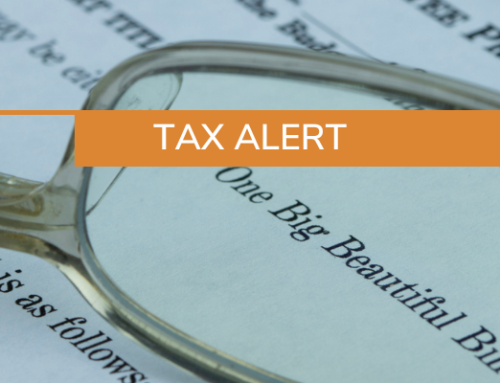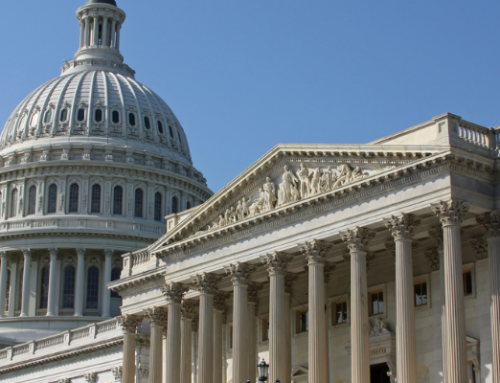On August 8, 2020, President Trump issued Memorandum on Deferring Payroll Tax Obligations in Light of the Ongoing COVID-19 Disaster. This Executive Order defers but does not permanently cut, the employee portion of payroll taxes from September 1 to December 31, 2020. This deferral does not apply to self-employed Schedule C owners.
Based on current guidance, employers would have the ability to opt-in or opt-out of the deferral; the decision would not be left to the individual employees. Should your business defer or not? To make the best decision for your organization you need to understand the potential risks.
Constitutionality
While the order has been issued and implementation is just a week away, there is a question as to the Constitutionality of the order itself. If the Executive Order passes an overall constitutional challenge, it only allows the deferral for employees making $104,000 a year or less. It should be noted, there is additional doubt as to the Constitutionality of this limit.
Taxes Still Due
Once the deferral takes place, this Executive Order only defers these payments. Because the power to levy taxes lies with Congress, not the Executive Branch, employees (and in some cases where an employee leaves a business, the employers) will need to pay back the deferred tax at the end of the deferral period. Congress may or may not forgive the tax at the end of this deferral; however, it seems unlikely at this time and there have been no significant favorable comments in favor of forgiveness from leaders of either party.
Our Recommendation
Based on the need for significant additional guidance at this time, PBMares cannot recommend implementing the payroll tax deferral. Should the amounts not be forgiven employers may be in the position of having to collect amounts due from employees or footing the bill themselves.
We are watching developments closely. As more guidance is provided, PBMares, LLP will help keep you informed so stay tuned!





